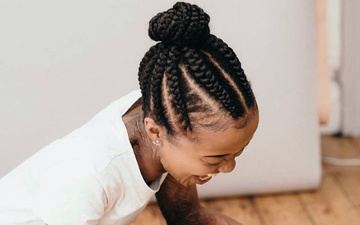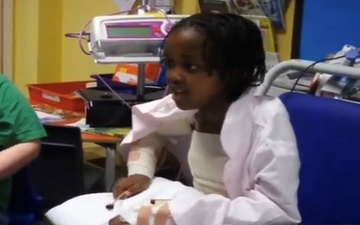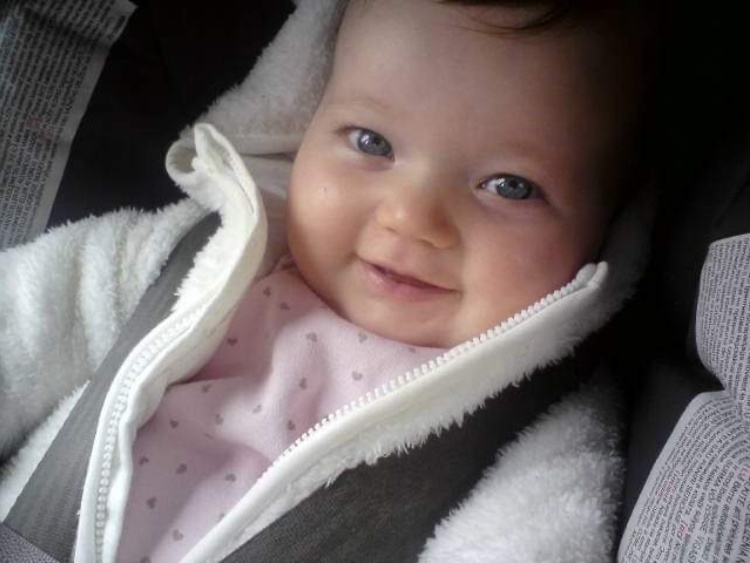My name’s Abi and my mums is Anna. I was born different but I am still me. Me and mum help the cleft study to help doctors help other children smile like me and that makes something sad, good.




Abi Hobbs was born with a cleft palate.
My name’s Abi and my mums is Anna. I was born different but I am still me. Me and mum help the cleft study to help doctors help other children smile like me and that makes something sad, good.

“Congratulations, you have a girl. Oh, and she has a cleft palate. Don’t worry though, these things can grow over!”
The first words we heard when Abi was born in 2010. My daughter was born with a cleft in her soft palate meaning a long journey with lots of medical interventions were to come, and no, it didn’t “grow over”.
A cleft palate is an opening or split in the roof of the mouth that occurs when the tissue doesn't fuse together during pregnancy. It requires surgery to repair the hole, which Abi had at just 6 months old. Abi doesn’t have any visual scarring, they are all internal.
However, she has still had to endure invasive surgery, has had to have genetic testing, regular photographs of her head and jaw, assessments, as well as frequent visits to specialists which will continue into her teenage years. Abi has been poked and prodded so much – she is brave, positive and never complains - but as a parent it is cruel to see. She couldn’t hear clearly for three years, which impacted on her speech and early school years.
When people talk about cleft they think scarring on the lips, instantly. They forget the scarring both in the mouth and the personal scar of what the operations, hospital visits and the impact of just being ‘different’ has. This is why its so important for us to tell our story.
Not only are we able to create awareness, but also ensure our voice is listened to and impacts clinical work taking place now. The Foundation realises it’s not only the clinical evidence but the personal experience and the personal evidence that is important. Abi and I can direct future research and clinical appointments, for example sharing how our experiences of a certain kind of procedure is very invasive, and asking how are we going to counteract the psychological affect of that.
Scarring is not just something you are born with, you can be inflicted with it at any point of your life. We often also don’t realise that everyone carries a scar, it just may – like Abi’s – not be visual.
Like Abi said, the Foundations research is unable to change mine and Abi’s story – and I wouldn’t want it to – but it does mean that other families won’t have to go through what we have through. The Foundation provides hope for the generation ahead of us, the work they are doing is so important and will impact so many lives. And is in reach with your support.
